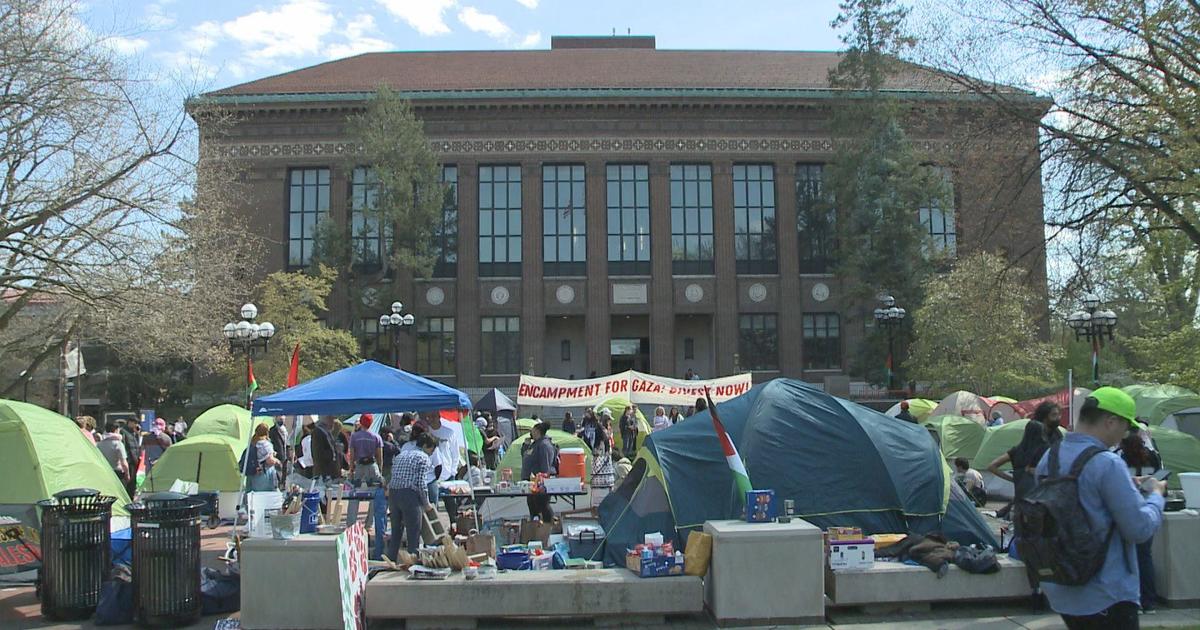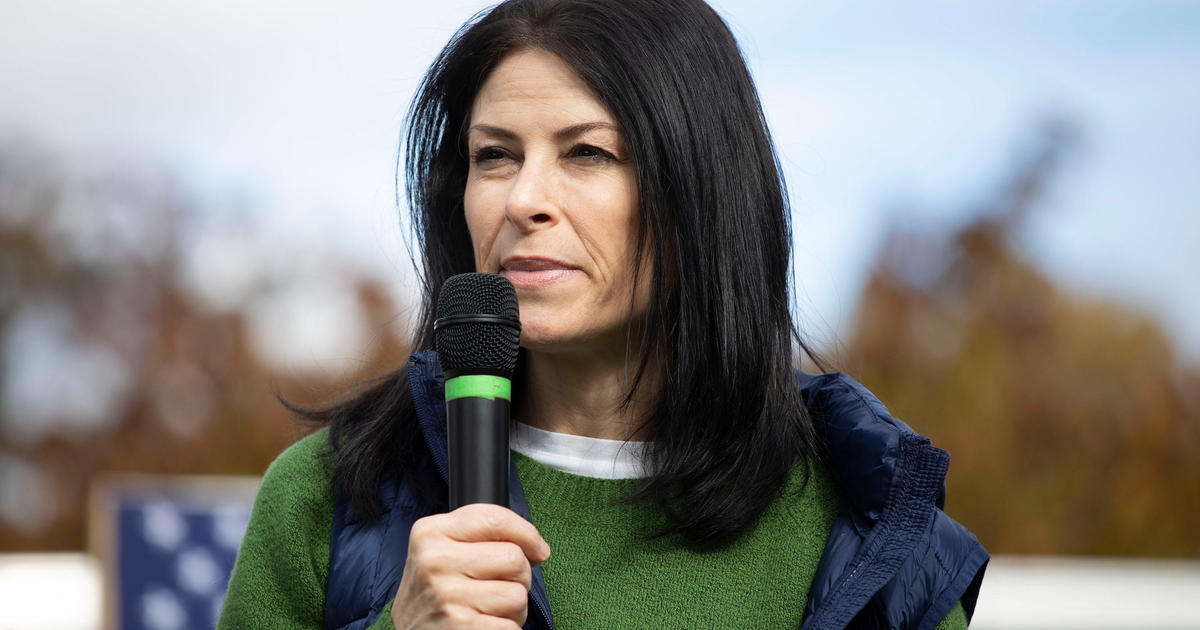U-M Researchers: People Who Volunteer Live Longer
ANN ARBOR (WWJ) - People who volunteer because they want to help others live longer than people who don't volunteer at all, University of Michigan researchers found. But those who volunteer mainly for some sort of personal benefit live no longer than non-volunteers on average.
Sara Konrath, lead author of the study and a social psychologist at the U-M Institute for Social Research, said researchers have known for some time that volunteering can have benefits not just to the people receiving help, but also to those who give their time and energy.
Through their research, Konrath and her team discovered that although volunteering seems to be a selfless act on the surface people volunteer for a wide range of reasons, from getting out of the house and meeting new people to doing something good for people who need help and groups they support.
For the study, the research team analyzed data from the Wisconsin Longitudinal Study, which follows a random sample of Wisconsin high school students who graduated in 1957. The data used in the analysis were collected in 2004 and included 3,376 men and women who were about 65 years old at the time.
Overall, they found that 57 percent of those surveyed reported doing at least some volunteer work in the past 10 years.
Participants were contacted again four years later, in 2008. Researchers found that just 2.3 percent of the volunteers had died, compared to 4.3 percent of non-volunteers. They further found that how much people volunteered mattered as well—only 1.8 percent of regular volunteers were deceased, compared with 2.5 percent of occasional volunteers. Mortality risk was reduced even more for each hour older adults volunteered per month.
But what really made a difference were people's motives for volunteering. Even after controlling for confounding variables that might affect mortality, such as physical health, the researchers found that motives for volunteering still have an effect on mortality.
People rated how important they found various reasons for volunteering, and the more important they rated other-oriented reasons, the more likely they were to be alive after four years. These reasons included feeling compassion for people in need or because it was important to their loved ones.
Those who rated motives related to personal benefit as more important were marginally more likely to have died after four years. In fact, those who volunteered for personal benefits were just as likely to die as those who didn't volunteer at all, the researchers found. These reasons included volunteering because they enjoyed the social contact, to get out of the house, to escape their own problems, or to explore their own strengths.
Konrath said their analysis demonstrates the importance of motives when considering the health benefits of volunteering. She said basically, volunteering buffers the stress of caregiving and promotes well-being.
Konrath said the current finding suggests it may be a poor idea to encourage people to volunteer because it's good for them. She said it's reasonable for volunteers to expect some benefits for themselves, but it's ironic that the potential health benefits of volunteering are significantly reduced if self-benefit becomes a person's main motive.
The researchers plan to conduct future research to examine this idea in relation to volunteering.



